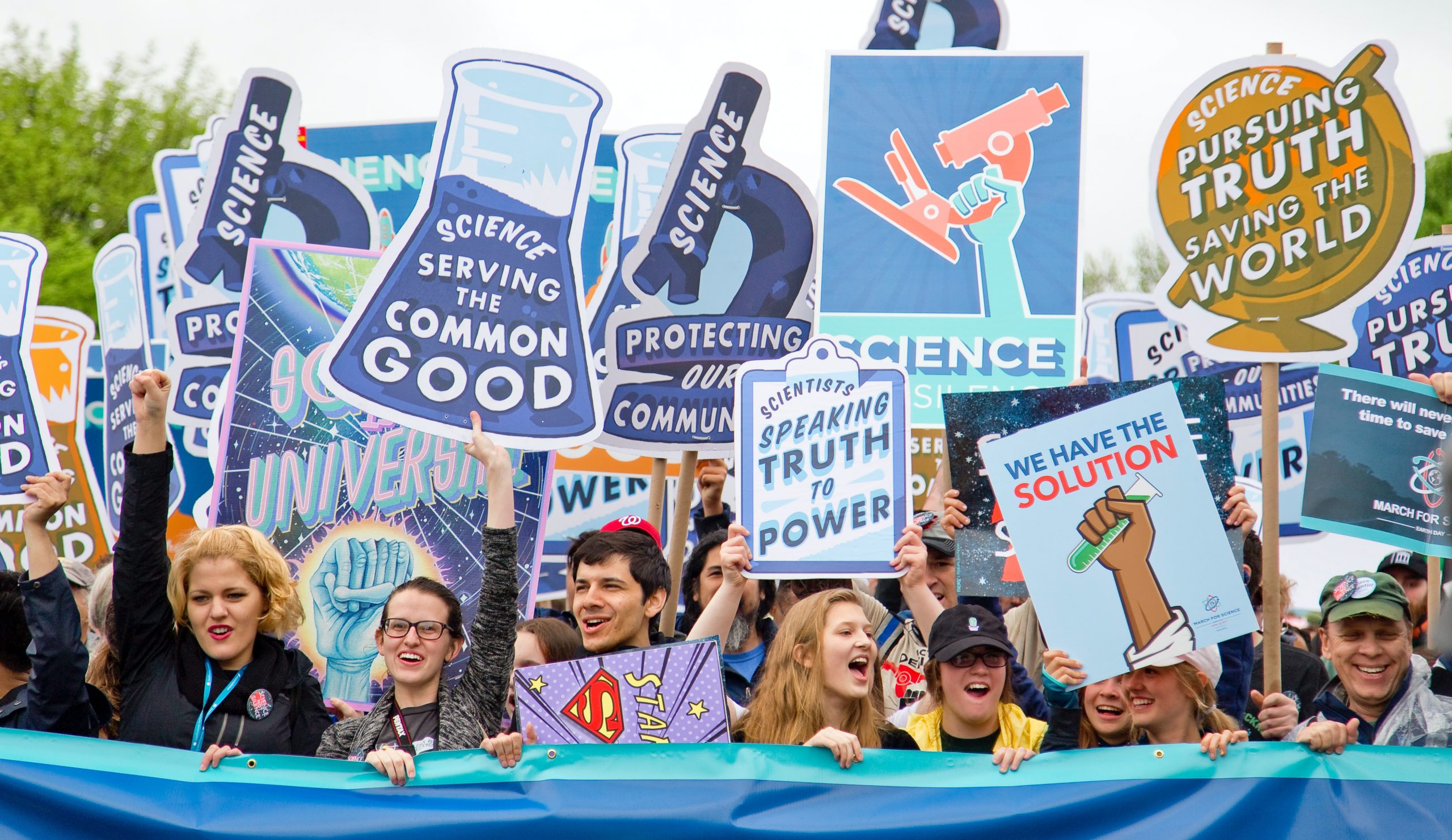
Modernizing the Relationship between Scientists and the Public
Summary
The COVID-19 pandemic has pushed science to the forefront of public attention. For many Americans, following daily reports about the novel coronavirus represents the first time they are seeing science and scientists operate in “real time”. This experience is new for scientists too. Scientists are not trained to engage the public, despite the fact that scientific research is put to work daily to help improve lives, address the needs of diverse communities, and solve problems at a national and global scale.
This proposal offers a set of actions to give federally-funded Ph.D. students in science, technology, engineering, and math (STEM), specific training to enable them to engage effectively with the public. In turn, this will increase trust in and support for the scientific enterprise, drive stronger interest in STEM careers, set the stage for faster response to threats, and build a stronger, science-driven U.S. economy. Lastly, at a local level, taxpayers will benefit directly as more scientists are trained to engage regularly and meaningfully with schools, community institutions, and local governments.
A deeper understanding of methane could help scientists better address these impacts – including potentially through methane removal.
We are encouraged that the Administration and Congress are recognizing the severity of the wildfire crisis and elevating it as a national priority. Yet the devil is in the details when it comes to making real-world progress.
The good news is that even when the mercury climbs, heat illness, injury, and death are preventable. The bad news is that over the past five months, the Trump administration has dismantled essential preventative capabilities.
The Federation of American Scientists supports H.Res. 446, which would recognize July 3rd through July 10th as “National Extreme Heat Awareness Week”.